Human Rights Council condemns Iran violence, sets up probe
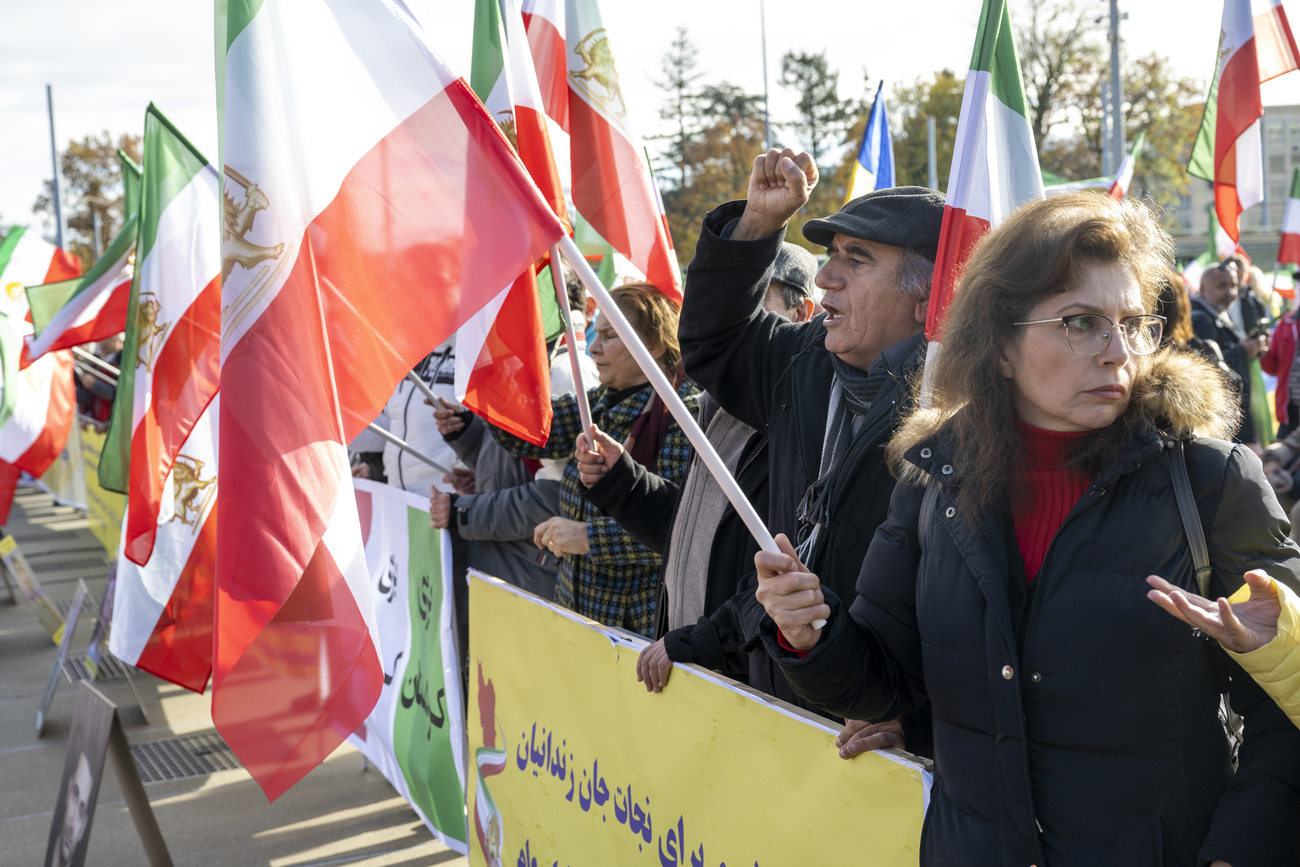
The UN’s Geneva-based Human Rights Council has condemned ongoing violence in Iran, particularly against women and children, and voted to set up an independent fact-finding mission on human rights abuses during Tehran’s current crackdown on protesters.
Switzerland, which is not currently a member of the Council, co-sponsored the resolution as an associate member. Speaking at a special session on Thursday, it “called upon Iranian authorities to cease disproportionate use of force against protesters, stop using the death penalty as an instrument of repression and respect human rights, including of women and girls”.
Of the fact-finding mission, the Swiss mission to the UN in Geneva told SWI swissinfo.ch that “we welcome this mechanism mandated to contribute to fighting impunity and holding perpetrators of human rights violations accountable” and “we hope that Iran will seize the opportunity to collaborate with the United Nations human rights system”.
This resolution was initiated by Germany and Iceland. Twenty-five members of the 47-member Council, including the US, UK and other European states along with some from Africa, Latin America and Asia, voted in favour. Six voted against (Armenia, China, Cuba, Eritrea, Pakistan, Venezuela) and 16 abstained.
Ongoing protests in Iran were sparked by the death of a young Kurdish woman, Mahsa Amini, in September in the custody of morality police. She was arrested for allegedly flouting Iran’s strict dress code for women.
Hundreds dead, thousands jailed
The nationwide protests have taken on a wider aspect of women’s rights and opposition to the Islamic regime. They are seen as posing one of the biggest challenges to Iran’s clerical rulers since the 1979 Islamic Revolution.
According to the resolution, hundreds of people have died in a crackdown on the peaceful protests, including dozens of children and a disproportionate number of people from minority groups. Thousands of people have also been arrested.
The UN’s top human rights official, High Commissioner for Human Rights Volker Türk of Austria, had earlier appealed to Iran’s government to halt the crackdown against protesters, but Tehran’s envoy at the special session was defiant, blasting the initiative as “politically motivated”.
China introduced a last-minute amendment to remove the probe, saying it “obviously would not help solve the problem”. But that was voted down, with only five other countries backing it.
A strong signal
Human rights groups have hailed the resolution. Amnesty International tweeted that “the cries for justice of the Iranian people have been heard”. Demonstrators gathered outside the Palais des Nations on Thursday in support of the move.
Marc Limon, director of the Geneva-based NGO Universal Rights Group, says the vote is important politically and diplomatically, also in terms of a fact-finding mechanism with a stronger mandate than in the past. But, he says, in terms of justice for victims, “we should be careful not to over-promise, as these mechanisms have had difficulty delivering justice to individuals”.
Above all, he told SWI swissinfo.ch, the Human Rights Council is a political body, and Western states have found a way to ratchet up the pressure on Iran, although Tehran almost certainly won’t cooperate with the fact-finding mission. This is also a strong signal of support to the victims, he says, that “the international community is aware and watching”.
Preserving evidence
The new fact-finding mission has a mandate to “thoroughly and independently investigate alleged human rights violations in Iran related to the protests that began on 16 September 2022”, particularly with respect to women and children. It is to “establish the facts and circumstances surrounding the alleged violations”, consolidate and analyse evidence and, perhaps most importantly, “preserve evidence, including in view of cooperation in any legal proceedings”.
This mission is to be appointed by Human Rights Council President Federico Villegas of Argentina and is to present a first report to the Council at its 53rd session in June-July 2023. The Council called for “immediate operationalisation” of the mandate and requested the UN Secretary General to “provide all the resources and expertise necessary”.
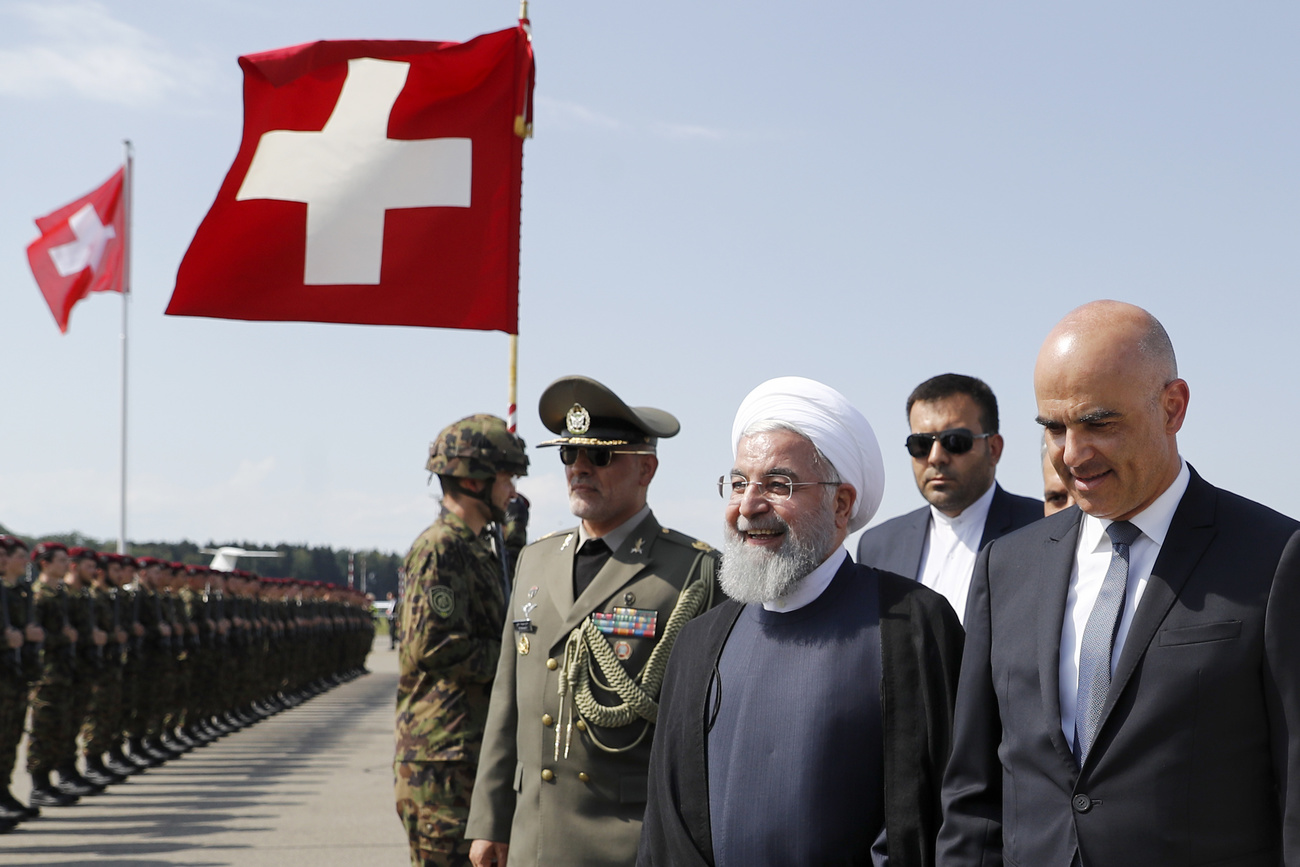
More
Iranian protests test Switzerland’s special status with Iran
Edited by Virginie Mangin.

In compliance with the JTI standards
More: SWI swissinfo.ch certified by the Journalism Trust Initiative
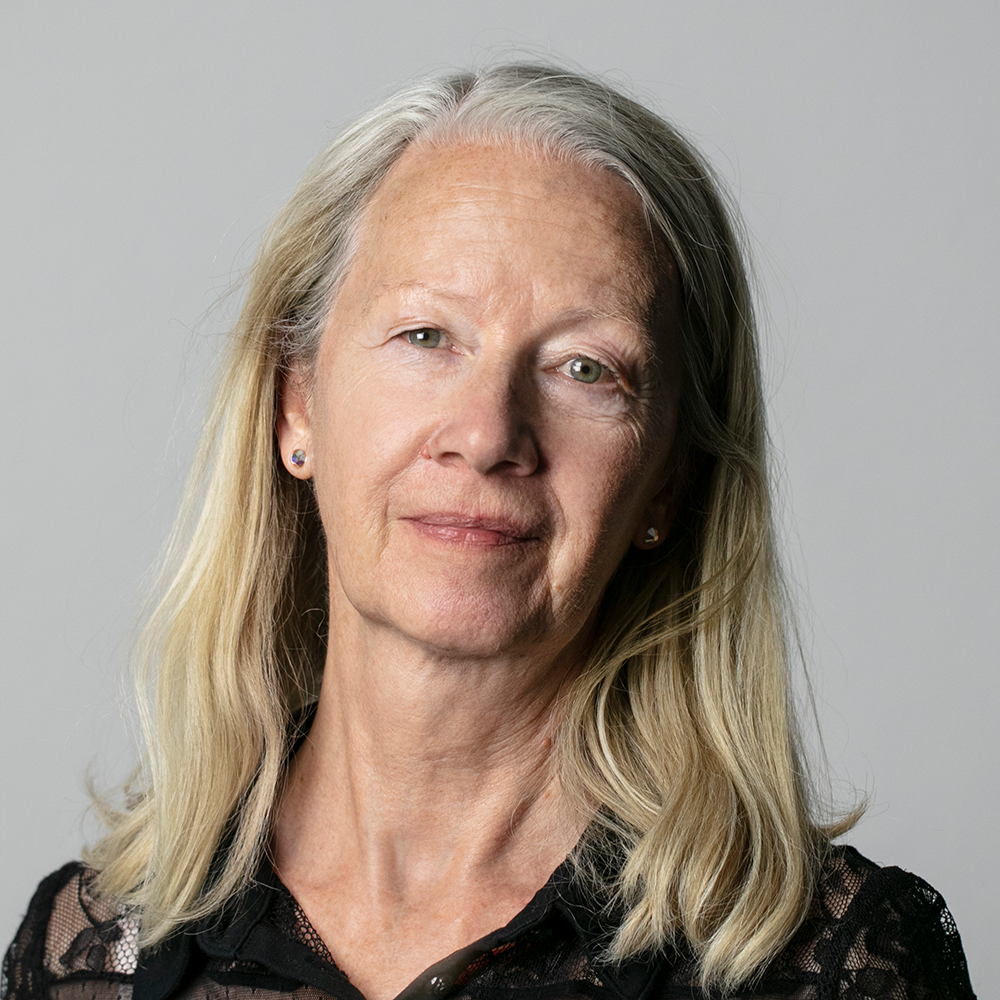
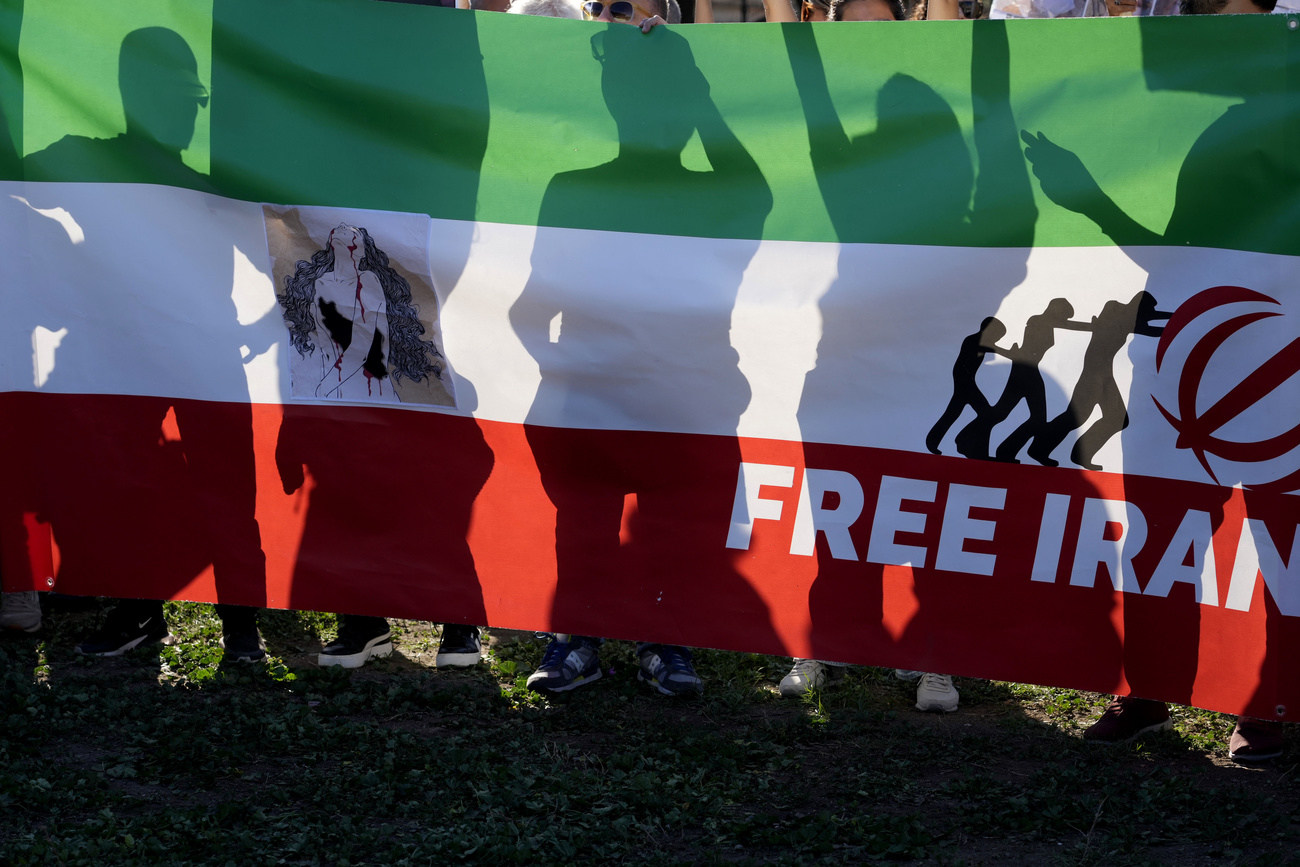
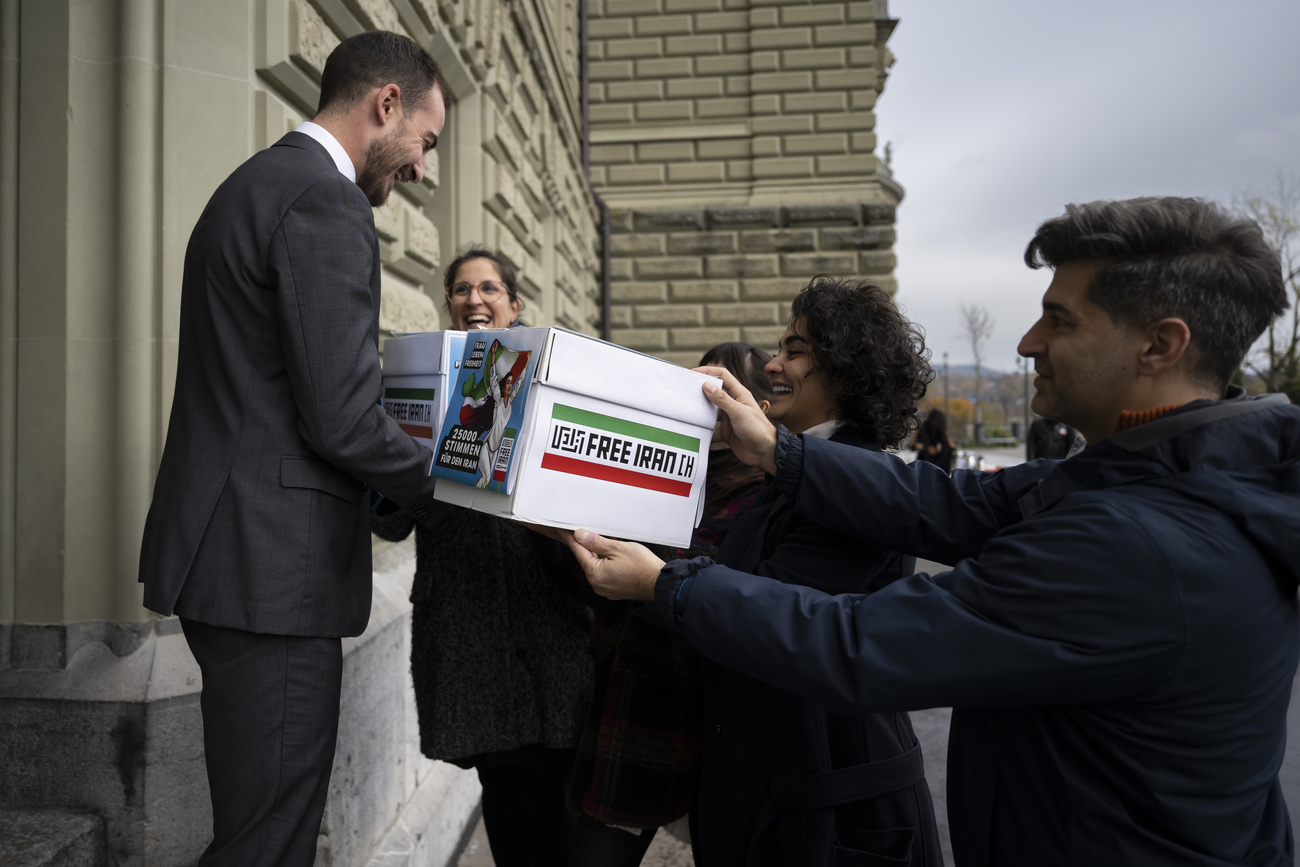

You can find an overview of ongoing debates with our journalists here. Please join us!
If you want to start a conversation about a topic raised in this article or want to report factual errors, email us at english@swissinfo.ch.